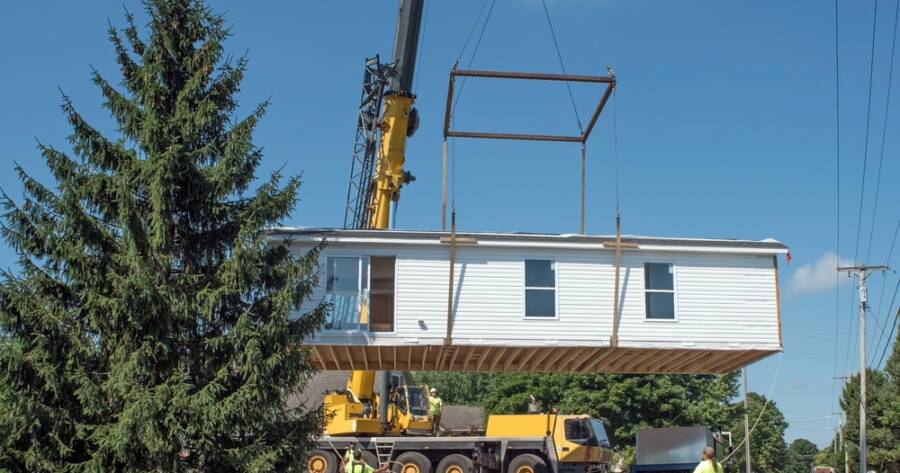Modular homes have become an increasingly popular choice for people looking for an affordable and flexible housing option. These homes are built in sections at a factory and then assembled on-site. They offer many benefits, including quicker construction times and the potential for lower costs. If you’re considering building a modular home, you may be wondering about the costs involved. Let’s break down the factors that affect the price and provide you with an idea of what you can expect to pay.
What Affects the Cost of a Modular Home?
The price of a modular home depends on several factors, which can make the cost range widely. One of the most significant factors is the size of the home. Larger homes will naturally cost more than smaller ones. The type of materials and finishes you choose will also affect the price. For example, high-end flooring, countertops, or custom features can increase costs.
Another factor that impacts the cost is the location where you plan to build the home. Construction costs vary by region, and factors like land preparation, local building codes, and the cost of labor will influence your total price. Additionally, the cost of connecting utilities such as water, gas, and electricity to the modular home can add to your expenses.
Price Ranges of Modular Homes
According to HomeGuide, the price of modular homes typically ranges from $50 to $100 per square foot. For a 1,500-square-foot home, this translates to a cost between $75,000 and $150,000. However, this price can fluctuate depending on factors such as the home’s style, size, and features.
For a more luxurious or custom-built modular home, the price can be much higher. High-end modular homes can cost upwards of $360,000 or more. If you opt for a home with premium materials, upgrades, or specialized designs, expect to pay toward the higher end of this range.
Additional Costs to Consider
Aside from the base cost of the home, there are other important expenses to consider. Land costs can significantly impact your budget if you don’t already own land. Prices for land vary depending on the location and availability. If you already have land, you’ll need to factor in the costs of site preparation, which can include clearing, grading, and laying the foundation.
Additionally, utility connections (electricity, water, sewage) are often required, and these costs can range from $2,500 to $25,000 depending on the site’s location and accessibility. Permits and inspections are also necessary before construction begins, and their prices depend on the local regulations.
Finally, if you plan on hiring contractors to oversee the assembly and finishing of the modular home, those costs can also add to your budget. The complexity of the home’s installation and the experience of the contractor can affect the total cost.
Financing a Modular Home
When it comes to financing, modular homes are generally treated like traditional homes by lenders. If you plan to finance your modular home, you’ll need to apply for a mortgage or a construction loan. The interest rates and terms will vary depending on the type of loan you choose, as well as your credit score and financial situation.
It’s important to note that securing financing for a modular home can sometimes be more challenging than for a traditional home, particularly if the home is on land that isn’t permanently affixed to a foundation. In these cases, you may need a specialized loan for a manufactured or modular home. Be sure to work with a lender experienced in modular home financing to ensure you get the best deal.
Is a Modular Home In Your Budget?
Building a modular home can be a cost-effective option for many people, offering flexibility, efficiency, and quality at a potentially lower price than traditional homes. Be sure to consider additional expenses such as land costs, site preparation, and permits when budgeting for your project.
With careful planning and research, you can create a beautiful, affordable home that suits your needs.
